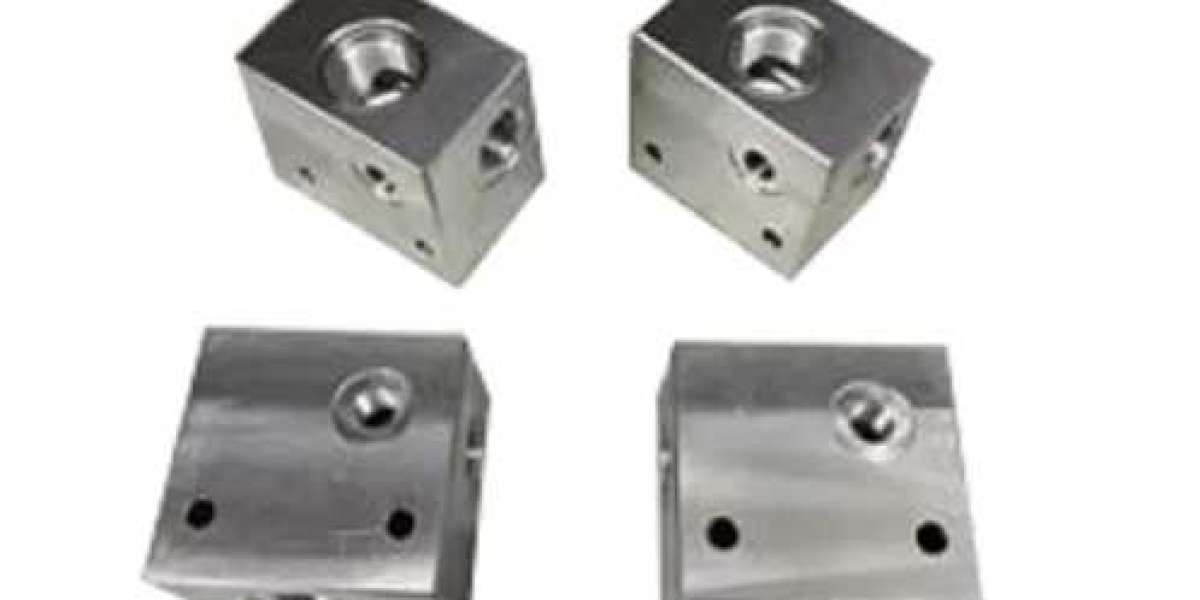Precision machining is a process where machine parts are created with very tight tolerances and surface finishes. This type of machining is used in the aerospace, medical, and defense industries where high-precision components are required. In this blog post, we will explore how precision machining hydraulic parts work. We will also discuss the benefits and drawbacks of this type of machining.

Features of precision machining hydraulic part
Precision machining hydraulic parts are essential for a variety of industries, including aerospace, automotive, and medical. Here are some of the key features that make precision machining hydraulic parts so important:
-Precision: Hydraulic machining is able to create parts with extremely tight tolerances, which is essential for many applications.
-Strength: Hydraulically machined parts are typically very strong and durable, able to withstand high levels of stress and wear.
-Versatility: Hydraulic machining can be used to create parts from a wide range of materials, including metals, plastics, and composites.
-Cost-effective: Precision machining hydraulic parts can often be created more quickly and affordably than traditional manufacturing methods.
Advantages of precision machining hydraulic part
Precision machining hydraulic parts offer a number of advantages over other manufacturing methods. Hydraulic parts can be made to extremely tight tolerances, meaning that they will fit together perfectly and function as intended. Additionally, the smooth surface finish of precision machined parts means that there are no sharp edges or burrs that could catch on other components or cause damage.
Hydraulic parts are also less likely to experience wear and tear over time, as the smooth surfaces of the components mean there is less friction between them. This results in a longer lifespan for the parts, as well as reduced maintenance and replacement costs.

Processing technology of precision machining hydraulic part
The most common type of precision machining hydraulic part is the servo-valve. This valve is used to control the flow of hydraulic fluid in a system. The servo-valve consists of a housing, a piston, and a control ring. The housing contains the fluid being controlled and the piston is connected to the control ring. The servo-valve works by controlling the amount of fluid that is allowed to flow through the valve.
The servo-valve is actuated by a signal from a controller. The controller sends a signal to the servo-valve that tells it how much fluid to let through. The servo-valve then adjusts the position of the piston in order to control the amount of fluid that flows through the valve.
One advantage of using a servo-valve is that it can be used to control the flow of hydraulic fluid in a system with very high accuracy. Another advantage is that it can be used to control the flow of hydraulic fluid in a system with very high pressure.
The above are the features of precision machining hydraulic part, if you are interested in this, please contact precision machining hydraulic part seller Languang to read more.








